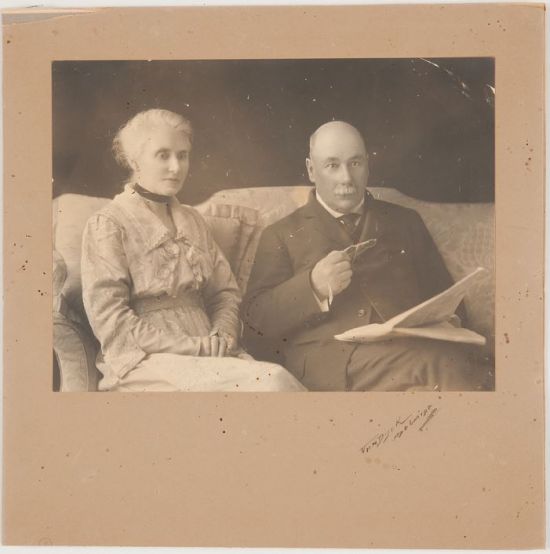Our records once documented interactions between your ancestors and the state.
They are now useful to find when and where those ancestors lived, worked and died in South Australia.
Our records are arranged according to the government agency which created them, and reflect the responsibilities assigned to them at the time.
This means it's important to consider which government department may have had dealings with your ancestor.
Which records will help with my research?
The following records consistently prove useful to family historians.
Passenger Lists document the arrival of migrants prior to 1940, where South Australian ports were the ports of international disembarkation.
Aboriginal family history sources can help identify Aboriginal family connections.
Indexes to registrations of life events can help point you to accessing historical records through SA.GOV.AU or GenealogySA.
Estates information record a person's property and beneficiaries at the time of their death, including probate and succession duties.
House and land records document history from the perspective of places, through surveying, Council areas and property ownership.
Chief (former Colonial) Secretary's Office was the centre of government administration for many of the early years of the Colony.
Inquests and Police reports to the Coroner document the circumstances of deaths which required investigation.
Police, Courts and Gaols document not just criminal matters, but also divorce and insolvency.
Hospitals and social welfare institutions capture information about poor health, including mental health, and cases of destitution.
School admission registers list students attending various public schools, and include details of their families, residence and transfers between schools.
Access conditions
Access conditions may be applied to records which contain sensitive personal or legal information.
Different restriction periods are applied to protect the content of records:
- Low level contact details such as found in school admission registers - open after 30 years
- Moderate level financial, health or conduct details - open after 60 years
- Sensitive personal information which may affect later generations, documenting incidences of children in state care or mental health cases - open after 100 years
You may have a right to apply for access to restricted records before they become available to the general public.
Other sources
Depending on the nature of your research other institutions or service centres may hold information on your ancestors.

We maintain a printed reference collection of books and pamphlets covering various topics.
The collection is arranged in broad subject order, subjects covered include:
- industries
- biographies
- regions
- immigration
- women
- government departments
- Aboriginal communities
- law
- health and
- federation.
Researching the records
Our records are arranged according to the government agency which created them, and reflect the responsibilities assigned to them at the time.
This means it's important to consider which government department may have had dealings with your ancestor.
For example, you may have information which suggests an ancestor lived in the Barossa Valley region, married in 1885, and had four children.
The key government agencies in this scenario could be:
- Schools - responsible for recording that children were receiving compulsory education
- Local councils - responsible for maintaining rate assessment books which record the annual payment of council rates
- Land Titles Office - responsible for administering the leasing and buying of land in South Australia
Take a look at the Discover our Collection topics to help with your research and also our guide on how to find records in the archive.
Our publication Ancestors in Archives, 3rd edition (2000) is available in the Research Centre or through the SA Public Libraries Network.
The book is a useful guide to the collection as it has chapters focussed on different types of records about people and places.
Copies are also available from our Research Centre for $10.00.
Starting family history research
Find out as much as you can from within your own family by talking to relatives and examining family documents.
Make a plan of the people you wish to research and the questions you wish to have answered.
Think about what it is that you need to prove to be able to move on to the next area of research.

Variations in spelling
The spelling of surnames may change over time, possible variations should be considered.
Changes of name in early colonial era may not have been officially recorded.
Some people may not have known how their names were spelled.
Some may have been recorded from a verbal report or with a clerical error.
Check any discrepancies in spelling against other sources and try a few options.
Relationships with families of the same name
If the surname you are searching for is a common one it can be difficult to be sure you have found the correct person.
A common mistake is to assume a family relationship based on a similar name without testing this assumption eg by checking other sources.

